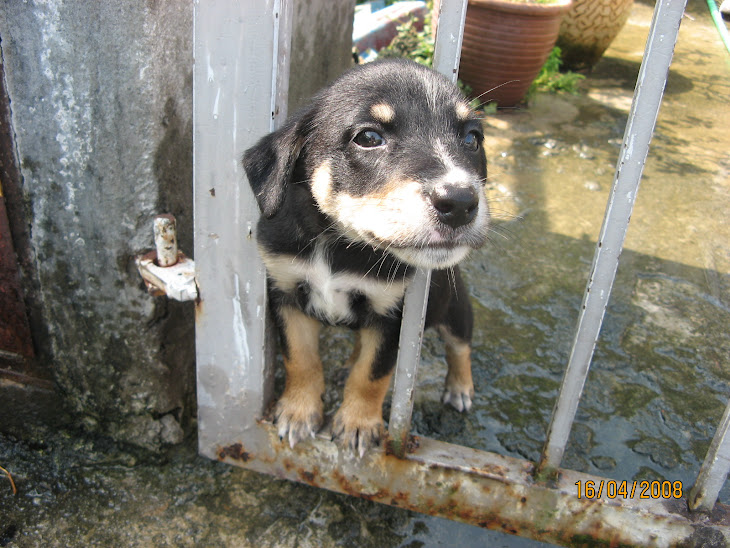It does seem that years and years of experience counts for very little these days and everyone wants paper qualifications which can certainly be an indication of knowledge but not necessarily competency.
I started working with animals long before I left school and was employed from 17 onwards working in a veterinary surgery so next year it will be 30 years working in the field of animal welfare - scary !
Sadly the RSPCA didn't go down the external certification route until just before I left so despite all those years experience I don't have any paper qualifications to show for all the jumping off cliffs, complex investigations, court appearances, driver training and boat handling (apart from a Royal Yachting Association level 2 Power boat handling certificate somewhere).
Obviously , and as you can see from earlier posts I have numerous RSPCA commendations and awards which I'm immensely proud of along with a fair few letters of appreciation from members of the public but not really any professional qualifications.
I would however back myself against anyone in an investigation and prosecution scenario and must be almost unique in that I've worked as an (R)SPCA Inspector in 3 Countries.
The UK
Malaysia
And Bermuda
For the past 12 months I've taken a step back from front line animal welfare and have been studying for a qualification in a slightly different field and can now officially put CRCST after my name.
It is unlikely most people will know what a Certified Registered Central Service Technician is but if you have been in hospital for an operation (or even possibly to the dentist ) you will have benefited from the work of a Central Service Technician (or Sterile Service Technician in the UK).
Basically Central Service Technicians deal with all the surgical instruments that are used in hospitals and operations and are responsible for collecting them after the operation, decontaminating, inspecting, assembling instruments sets, repackaging, sterilising and distributing them back out again to the Operating Theatres. In some hospitals duties also include the stores and general medical supplies as well.
Certainly a very interesting field and still very relevant and useful to my passion for animal welfare. The study reminded me of the time in Sri Lanka during the first Tsunami back in 2004/5 when I was volunteering at a mobile field clinic , cleaning and reprocessing the instruments in basic conditions.
Lets hope I put these new qualifications to good use in 2015.










